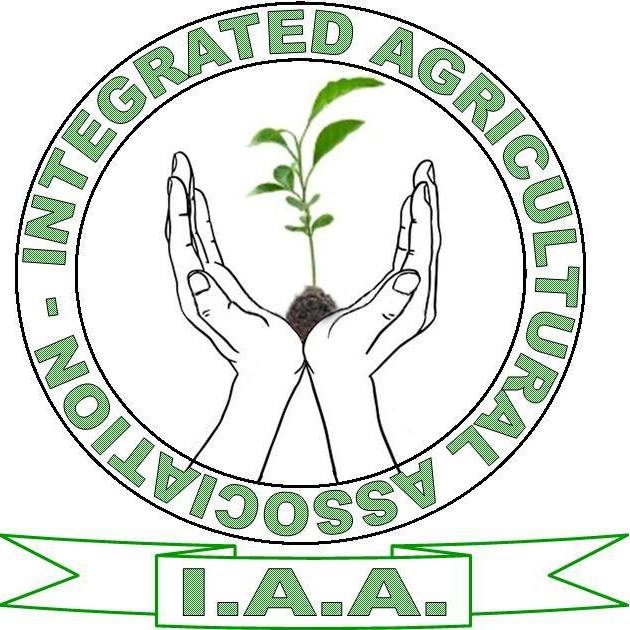SUSTAINABLE AGRICULTURE
I.A.A helps to transform subsistence farms into profitable businesses by helping smallholder farmers’ access training on sustainable agriculture practices, affordable capital, quality inputs and better crop prices. She also launches food safety awareness raising campaign to educate the public in nutrition. Build” is the second level of I.A.A success strategy. Many farmers’ livelihoods are stable but vulnerable. When working with these communities, we use conservation agriculture techniques and territorial value-chain development. The goal is sustainable growth while building stronger production and marketing groups, and creating market links between producers and buyers. Our approach enables farmers to access and manage financial services and improve their use of natural resources. We also strengthen the capacity of farmers and field agents to help them plan businesses and evaluate profitability. With our experience, farmers can connect better to markets and use technologies that raise yields.
Crops and Horticulture Farming
Agriculture in tropics is highly rudimentary due to lack of knowledge on sustainable farming methodologies and capital among tropical farmers. I.A.A enhances knowledge and lobby for seed inputs and agricultural supplies and tools to promote crops and horticulture production in tropical areas.
Vegetable Farming
Integrated Agricultural Association (I.A.A) carries out experiment, builds collaboration, and carries out promotion activities to raise awareness of the role of vegetables for improved health and rural poverty alleviation.
Vegetables can alleviate poverty by creating new jobs and new sources of income for farmers and landless laborers, improve health by providing essential micronutrients lacking in diets, enhance learning and working capacities of adults and children through improved diets and health, and improve the sustainability of food production practices through mixed cropping. The Organization’s development work focuses on smallholder empowerment, developing and promoting safe production practices, reducing postharvest losses, and improving the nutritional value of vegetables.
Food and Nutrition
Integrated Agricultural Association (I.A.A) works to improve food technology and promote food diet that leads to good nutrition and healthy living. I.A.A works with rural households to train them on food transformation including, cassava, potato, soybeans, plantains, honey, pepper and tomatoes to reduce post-harvest loss and improve nutrition. I.A.A also advocate for veganism to reduce farmed animals and the consumption of meat/meat products.
METHODS USED
Territorial approach to value-chain development:
I.A.A works with farmers to identify and develop products that have potential for local, regional and national markets. I.A.A emphasizes improving farmers’ production and market opportunities; however, the organization work to improve the entire value chain so it will function more efficiently for all stakeholders. This process increases production, strengthens services for business development, improves postharvest utilization and builds better market engagement.
Conservation agriculture
In response to global climate change, I.A.A helps farmers learn techniques for conservation agriculture, which is the foundation of climate-smart agriculture. Techniques include using cover crops, planting with green manure and “no till” practices, conserving water and using native varieties of crops to manage pests. These approaches increase productivity, decrease costs and improve soil fertility, all of which strengthens. I.A.A encourages farmers to use renewable energy resources in agriculture and follow sustainable paths that lead to climate change adaptation, increase resilience, reduction in poverty and improved livelihood

